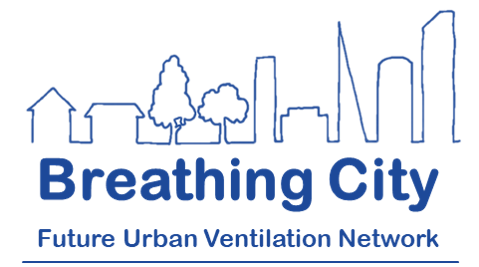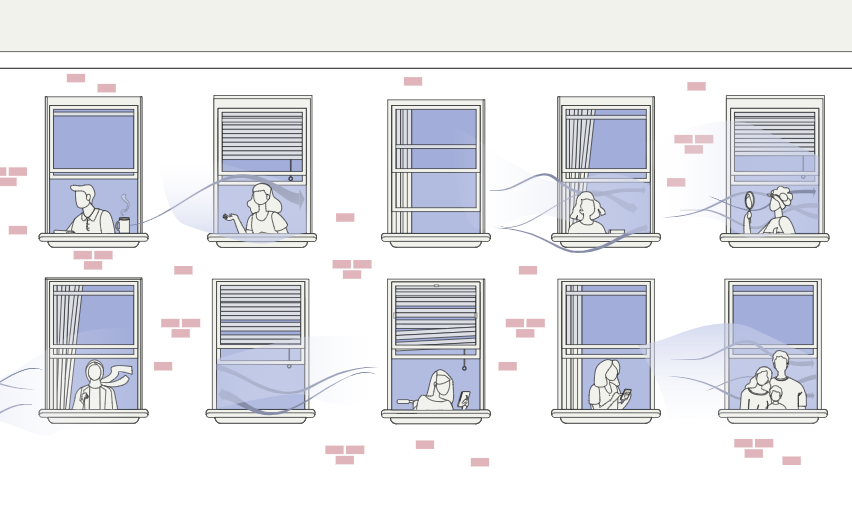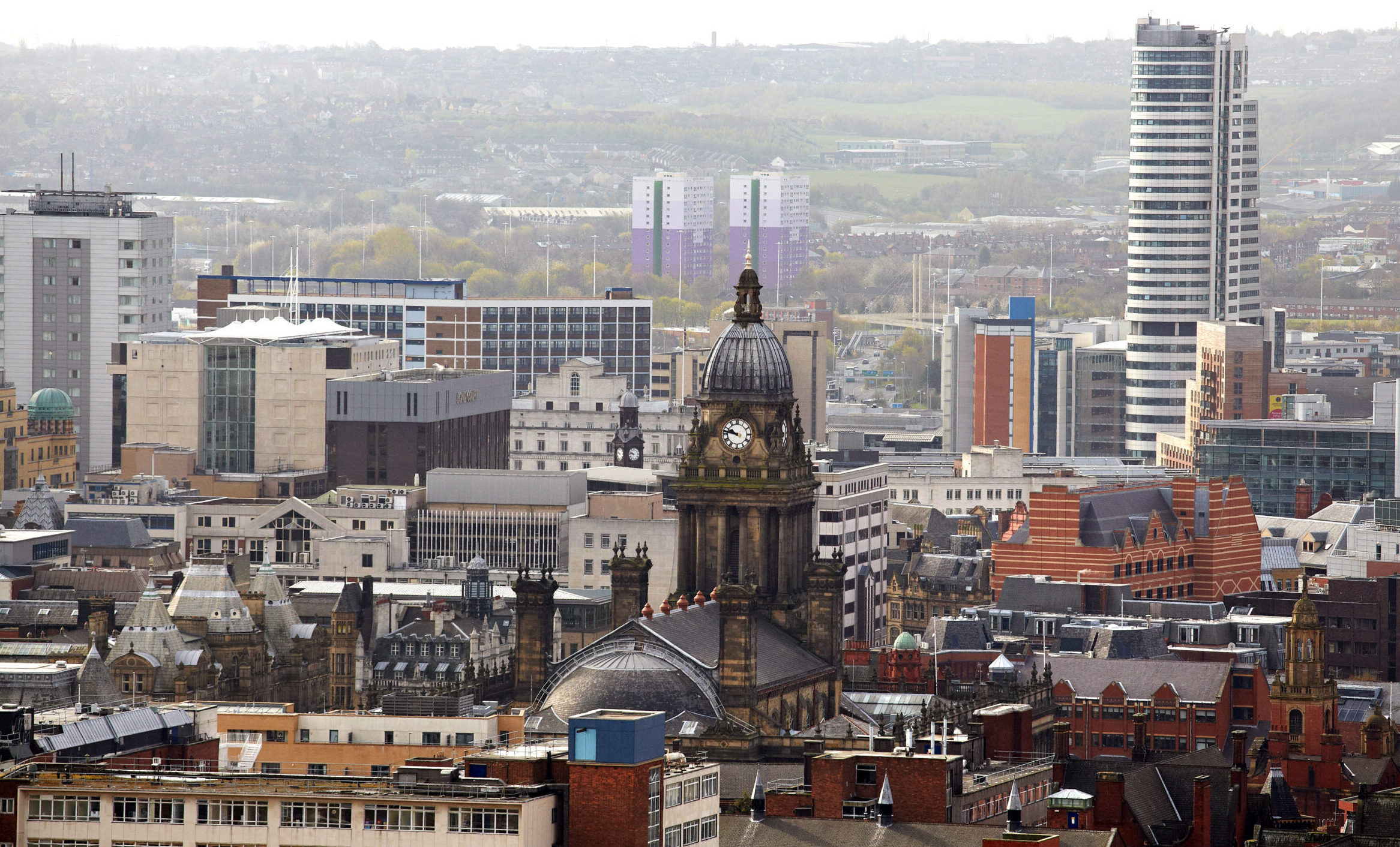The 2023 Clean Air Networks Conference, held at the University of Birmingham 5-6 July 2023, will showcase the networks’ wide ranging activities and identify, as a legacy for the UK Clean Air community, the next steps for both indoor and outdoor air quality research and policy. It is hosted by seven networks funded under the UK Clean Air Strategic Priority Fund, the Science and Technology Facilities Council (STFC) Air Quality Network and the UKRI Clean Air Champions.
REGISTRATION NOW FULL
The conference programme will highlight the cross-cutting themes of the networks’ activities, presenting examples of their findings and collaborations with stakeholders. Delegates will have multiple opportunities to engage with discursive sessions that consider the implications of the networks’ findings and identify future research and policy needs.
We are delighted to welcome Professor Roy Harrison to open the conference on day one with the Martin Williams Memorial Lecture and Professor Anna Hansell to open the second day with the Paul Wilkinson Memorial lecture. The conference will close with some reflections on the two days and the value of the networks moving forward.
The themes covered are:
- Air quality and Net Zero
This theme will explore how current and future air quality interventions affect the net zero agenda and vice versa, in terms of (i) direct emissions (e.g., changing from fossil-fuel car travel to electric vehicle/public transport/bike/foot) or (ii) increased/decreased energy use from using various indoor air quality improvement solutions (e.g., natural/mechanical ventilation, air purifiers, dehumidifiers.) which in turn will affect the GHG emissions related with energy production, or (iii) increased air tightness of buildings and concerns over energy consumption which can lead to poor indoor air quality. This theme will also consider any new inadvertent pollutants from emerging technologies and behavioral change in response to the net zero agenda and climate resilience strategies.
- Measurements, modeling and mechanisms
This theme will discuss different methods of measuring and modeling pollutant emission and transport mechanisms through the indoor-outdoor continuum across different scales. It will explore the challenges and opportunities for characterising and quantifying pollutants in the context of public health and wellbeing and highlight the role of computational models and simulation tools in better understanding air flow, pollutant transport and exposure risk. It will showcase the range of air quality measurement campaigns which have been carried out across the networks and how they demonstrate different intervention options in diverse environments and conditions for a variety of groups (especially vulnerable groups) and stakeholders. There will be an opportunity to discuss how to better connect this data and knowledge to improve policy and air quality intervention strategies, what the role of innovative technologies are in the future of measurements and modeling, and whether pollutant sampling and analysis standardisation approaches need updating.
- Health and inequalities
This theme will consider the links between air quality data, human exposure, and physical and mental health data and how this linked understanding can be applied to wider societal inequalities. Topics discussed and studies shared will include, but are not limited to: specific pollutant exposure risks to vulnerable groups in different environments (e.g., damp in social housing, repeat exposure to traffic pollution, elderly people in poorly ventilated care homes) and the interventions needed to reduce these risks; general health impacts of different pollutants; the role of human behaviour on air quality; the availability and role of green and blue spaces to different demographic groups; and methods of communicating the most promising intervention options to vulnerable groups.
- Lived experience and public engagement
This theme is focussed on the engagement and outreach activities that have been ongoing in the networks. This encompasses stakeholder and public engagement for targeted policy, industry and educational activities. Outputs showcased will include citizen science based co-designed air quality studies, mitigation recommendations, raising-awareness campaigns, and educational and guidance material. The theme will also explore how to effectively connect behavioural science understandings to pollutant source/exposure data, and the public perception of (and response to) air quality intervention strategies.
Audience
The conference is aimed at academics who work across the atmospheric, health, social and building science disciplines, and policy makers, industry partners and civic sector groups with an interest in outdoor and indoor air quality and its human health impacts. There will be plenty of opportunity for networking during the two days and at the evening conference dinner.
Location
Edgbaston Park Hotel, 53 Edgbaston Park Road, University of Birmingham, B15 2RS
Funding
Travel bursaries will be offered to enable those without funds to participate. If you are already associated with one of the Clean Air Networks , please contact them in the first instance. For those not directly connected to a network, please see funding opportunities here www.ukcleanair.org/2023/02/28/funding-opportunity/


